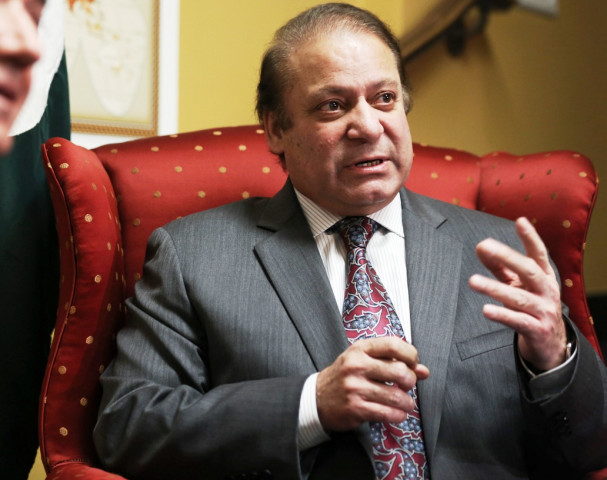FIR against PM: Govt seeks SC action against lower court decree
Insists the order for registering an FIR against top political functionaries is illegal and without jurisdiction

The government has approached the apex court against a lower court’s decree on the registration of an FIR against top government functionaries, including Prime Minister Nawaz Sharif.
Attorney General Salman Aslam Butt on Monday submitted a statement in the Supreme Court, requesting it to pass an appropriate order against the order of a sessions judge (East).

On September 3, the sessions judge had ordered that a case be registered against the PM, Punjab Chief Minister Shahbaz Sharif, Interior Minister Chaudhry Nisar Ali Khan and other government officials for killing three political workers on August 30.
On August 30, police had fired tear gas canisters and rubber bullets at the activists of Pakistan Awami Tehreek (PAT) and Pakistan Tehreek-e-Insaf (PTI) – after they tried to march towards the Prime Minister House.
The report submitted by the government said the order for the registration of an FIR against the political executives was “illegal and without jurisdiction, being void ab initio”. “Since an FIR has already been registered and an investigation is in progress, there is no need to register second FIR,” it added. The government argued that law enforcement agencies could not perform their lawful duties under an imminent threat of registration of cases against them “while there are statutory safeguards instituted to protect them against malicious proceedings”.
“The order does not refer to the arguments advanced by the respondents [government] and raises substantial question of judicial propriety. All such persons named in [the] application were denied due process of law, despite Article 10 and 10A amongst others,” the report said.
The government also objected to Islamabad High Court’s (IHC) order to stop the police from arresting protesters and said the high court had further demoralised the law enforcement agencies and its order was against the law and the Constitution.
“The learned high court passed the said order oblivious of the fact that the so-called dharnas and processions constituted unlawful assemblies and that they were to be dealt with in accordance with the law, including matters of state beyond the purview of the courts,” it said.
Published in The Express Tribune, September 23rd, 2014.

1724319076-0/Untitled-design-(5)1724319076-0-208x130.webp)

















COMMENTS
Comments are moderated and generally will be posted if they are on-topic and not abusive.
For more information, please see our Comments FAQ